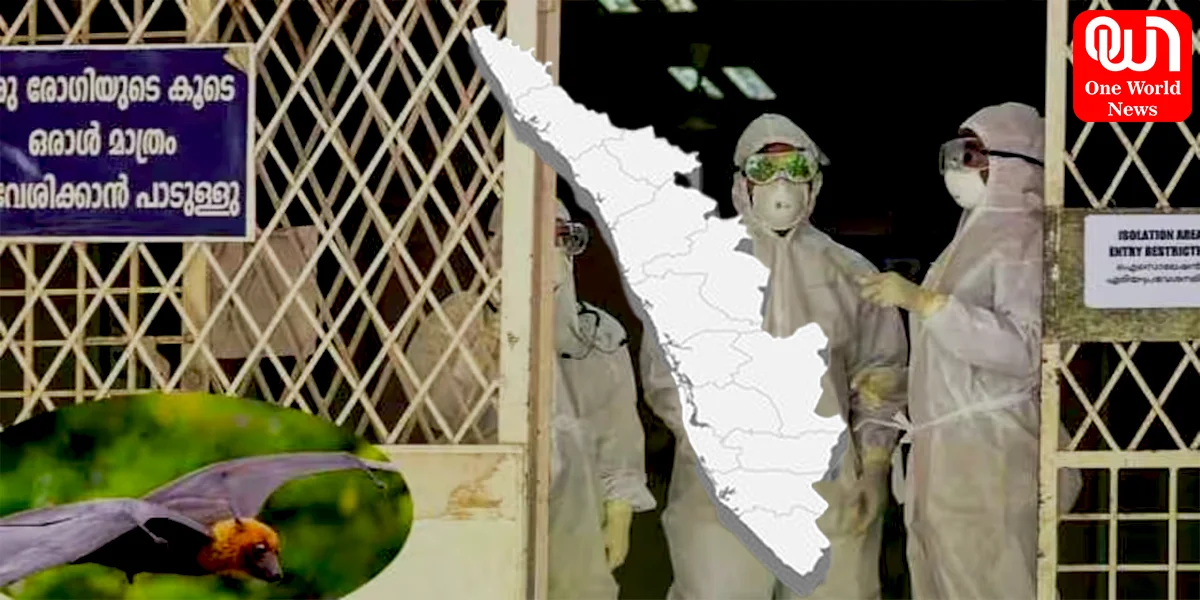Nipah Virus Outbreak in Kerala: A Grim Reminder of Resilience
The recurring Nipah virus outbreaks in Kerala, India, raise questions about persistence. This article explores symptoms, precautions, and the need for global preparedness against this deadly virus.
Nipah Virus Returns: Kerala’s Ongoing Battle, Symptoms, and Global Preparedness
Kerala, known for its lush landscapes and backwaters, is currently grappling with a different kind of crisis – an outbreak of the rare and deadly Nipah virus. This menacing virus, with a staggering fatality rate 70% higher than that of COVID-19, has already claimed the lives of two individuals, sending shockwaves through the state.
The situation has prompted swift and stringent measures. To curb the potential spread, Kerala has imposed a lockdown, with schools and offices shuttered, and around 45 individuals placed under quarantine in districts beyond Kozhikode, where the outbreak originated. The state is on high alert, conducting hundreds of tests on residents to identify and isolate potential cases.
Lovely.
Moderna mRNA Portfolio on Track to Hit 2025 Goal with Nipah Virus Trial Launch | BioSpace https://t.co/pa0PANxI1y #jobs— Magic Mike (@MagicMike1776) September 26, 2023
Symptoms and Precautions:
Nipah virus infections are characterized by a range of symptoms, including fever, headache, dizziness, and respiratory distress. In severe cases, it can lead to encephalitis, a condition marked by brain inflammation, which often proves fatal.
Read more:-Nipah Virus Alert: Risks, Symptoms, and Care
Precautionary measures are crucial in curbing the spread of Nipah. This includes avoiding close contact with infected individuals, refraining from consuming raw date palm sap (a known source of transmission), and maintaining good hygiene practices.
Recurrence:
The recurrent outbreaks in Kerala are a cause for concern. This phenomenon may be attributed to the virus’s ability to persist in certain fruit bat populations and the potential for spillover to humans through contaminated fruit or other intermediaries.
Read more:-Nipah Virus Outbreak in Kerala
Kerala’s tropical climate and rich biodiversity create an environment conducive to hosting the fruit bats responsible for harbouring the virus. Climate change may also play a role in altering the distribution of these bats, increasing the risk of outbreaks.
Global Preparedness:
Addressing the repeated Nipah outbreaks underscores the need for global preparedness against emerging infectious diseases. Collaborative efforts among governments, health organizations, and scientists are crucial in containing and preventing the virus’s return.
Kerala, a paradise on India’s southwestern coast, has recently witnessed yet another outbreak of the deadly Nipah virus. This recurring threat has left many wondering why this virus continues to haunt the state, necessitating a deeper understanding of the situation.
Like this post?
Register at One World News to never miss out on videos, celeb interviews, and best reads.








